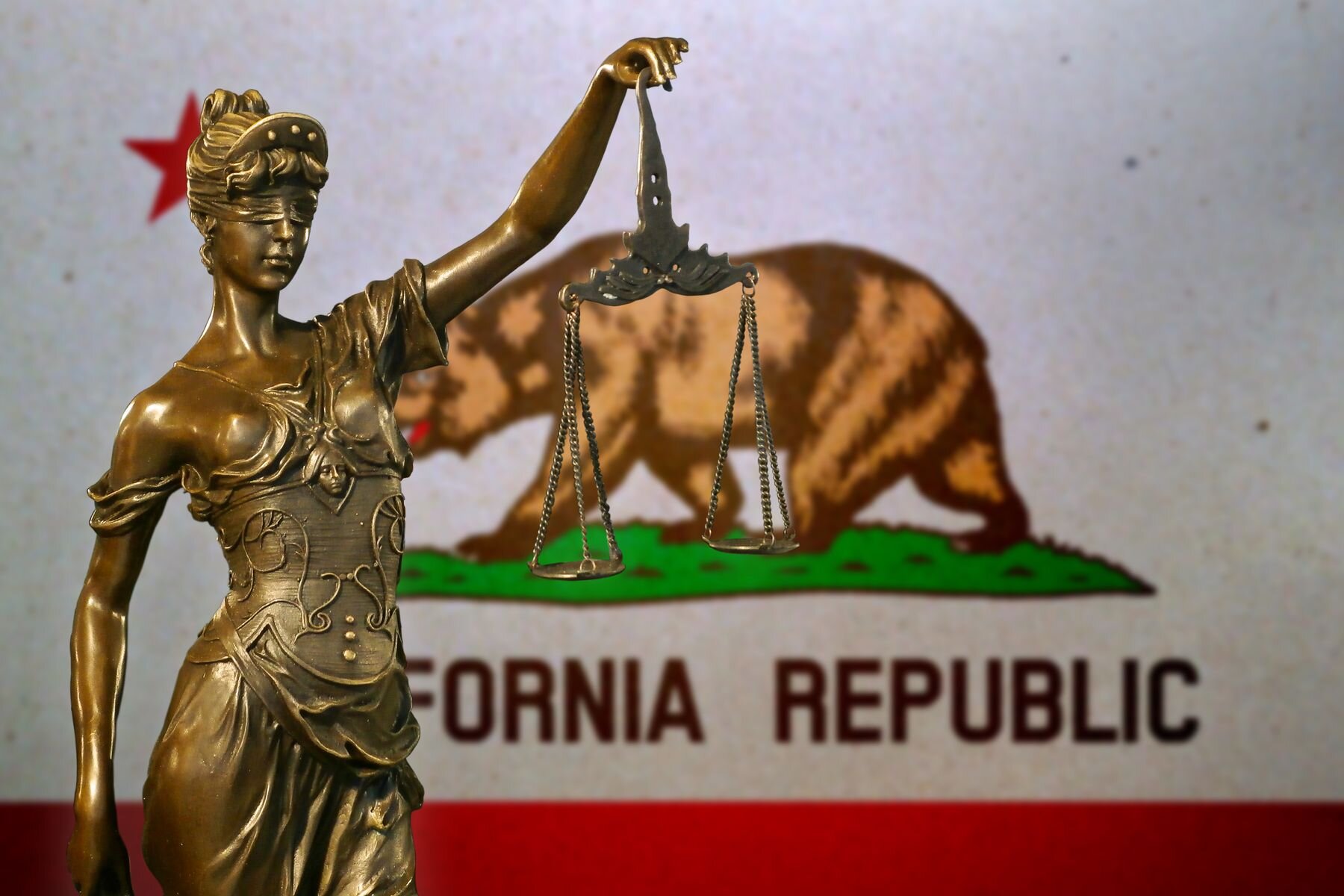Uber and Postmates were dealt a blow in the ongoing legal battle when a California federal judge denied their request for a temporary stop to AB 5. The two big companies were hoping to receive a reprieve from California’s new gig worker law.
The companies requested a temporary stop to AB 5, while a lawsuit they filed against California state worked its way through the legal system. The federal judge denied their request, leaving both gig companies obligated to comply with the law, which could mean reclassifying drivers as employees. US District Judge Dolly M. Gee noted that the court does not necessarily doubt the sincerity of the individual views presented, but that second-guessing a law designed to improve working conditions for nonexempt low-income workers is not warranted.
What is AB 5, and What Does it Mean for California Workers?
AB 5 is all about worker classification with a focus on gig economy workers. Gig economy companies are full of independent contractors. Gig economies profoundly affected by the legislation include Uber, Lyft, Postmates, DoorDash, etc. While some prize being classified as independent contractors because it offers more flexibility, it often means that drivers and other workers are shouldering many of the costs of their employment for their employers.
For example, Uber drivers pay for:
Additionally, Uber drivers do not receive access to essential benefits, minimum-wage guarantees, overtime pay for hours worked above 8 in one day, or 40 in one week or health insurance.
AB 5’s Three-Part Test to Determine Reclassification:
Under the new legislation, AB 5, which went into effect on January 1, 2020, California employers using independent contractors must undergo a three-part test to determine if they will be required to reclassify their workers. Companies that don’t pass the test must reclassify their workers as employees instead of independent contractors. Many California employers fear the new legislation will significantly harm their businesses as the management of large workforces is expensive. For example, an analysis by Barclays in June 2019 concluded that Uber’s reclassification of drivers from independent contractors to employees would cost the company about $500 million annually. A similar move would cost competitor rideshare company, Lyft, an approximate $290 million annually.
California Businesses Respond to AB 5 Legislation:
In response to the legislation, a growing group of companies and individuals are suing the state to make sure all workers receive equal protection under the law and can choose how they want to work. The response was filed by Uber, Postmates, and two gig workers, Lydia Olson and Miguel Perez. The lawsuit was filed against the state at the end of 2019 in an attempt to have AB 5 declared invalid. The lawsuit filed in response to California’s new gig economy legislation alleges that AB 5 is unconstitutional. It also asserts that the new law unfairly targets gig economy workers and companies. The group requested a preliminary injunction against AB 5 to stop it from being applied to them until their case makes its way through the court. Judge Gee denied the injunction.
Other Responses to AB 5 Across California:
Similar lawsuits have been filed against the state by other groups including truck drivers, journalists, etc. Those actively seeking to prevent AB 5 from sticking around insist that the legislation would harm the industries in which they would apply and the workers in those industries. Uber and Postmates are weighing their options and considering an appeal to Gee’s decision. Postmates sees it as a procedural decision on the preliminary injunction only and not an indication of the court’s potential decision once the full case is presented.
If you have questions about how California’s AB 5 legislation will affect your workplace or if you need to file a California employment law complaint, please get in touch with Blumenthal Nordrehaug Bhowmik DeBlouw LLP. Experienced employment law attorneys are ready to assist you in any one of various law firm offices located in San Diego, San Francisco, Sacramento, Los Angeles, Riverside, and Chicago.











